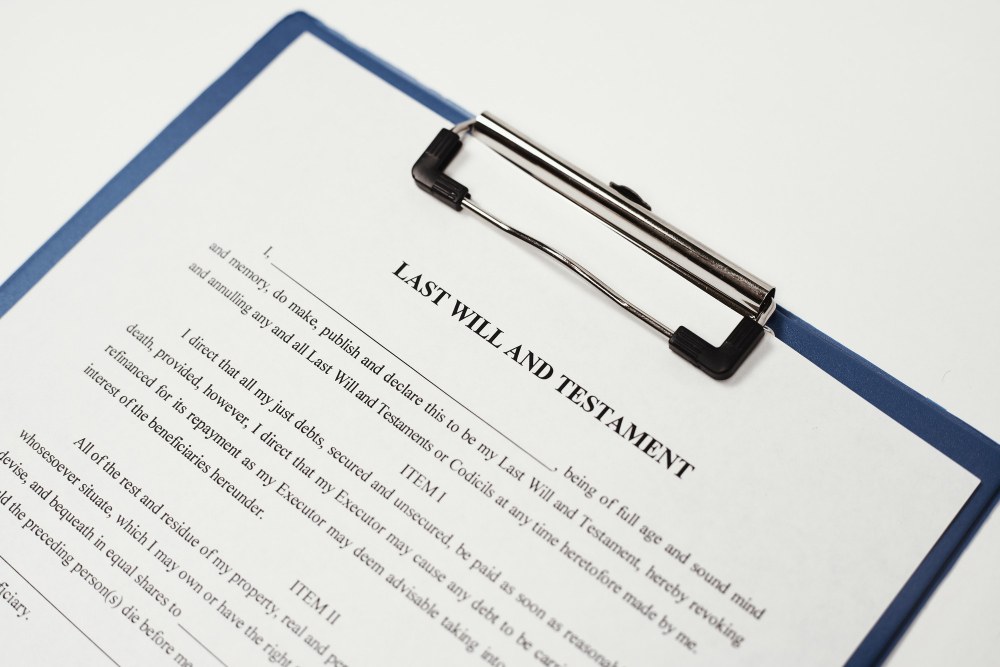
It is heartbreaking when a loved one passes away and the winding up of their estate can be a complicated area to navigate. This article will shed some light on what a deceased estate is, how it must be reported and the process to wind up a deceased estate.
1. Origin of a deceased estate
A deceased estate comes into existence when someone passes away. A person dies either testate (with a valid will) or intestate (without a valid will) and the estate will be administered and distributed either in terms of the Will or in terms of the Intestate Succession Act, 81 of 1987. The procedure which must be followed to administer a deceased estate is prescribed by the Administration of Estates Act, 66 of 1965 (the Act).
2. Reporting of a deceased estate
The estate must be reported to the Master of the High Court within 14 days of date of death, in whose jurisdiction the deceased was living 12 months prior to his/her death. If the deceased was a resident of a country other than South Africa at the time of death, the estate may be reported to any Master, as long as it is reported to one Master’s Office.
After the estate has been reported, the Master will appoint and executor or representative, depending on whether the deceased estate’s value is more than R250 000 or not.
3. The administration of a deceased estate
The administration of a deceased estate is the procedure that the appointed executor needs to follow in order to administer the estate and includes inter alia the following:
- The opening of an estate late bank account;
- Collecting and taking control of all the assets of the deceased estate;
- Paying and settling all outstanding debts due by the deceased estate;
- Distribution of all the assets amongst the heirs/beneficiaries.
3.1 Notice to creditors and debtors:
Once the letter of executorship has been issued, the estate needs to be advertised in terms of section 29 of the Act, in the Government Gazette and in one or more local newspapers in the area in which the deceased resided. This is to give notice to all debtors and creditors, having claims against the estate to lodge such claims with the executor within a period not less than 30 days or more than 3 months from the date of the publication, which includes debtors to pay any claims due to the estate.
3.2 The Liquidation and Distribution account:
The executor shall after having received all the claims in terms of the section 29 notice, be in a position to prepare the liquidation and distribution account (the account). The account will amongst other things, contain all the immovable and movable assets of the estate; reflect all the claims in favour of the estate; the liabilities that needs to be paid by the estate and the remainder of the property that needs to be distributed amongst the heirs.
3.3 Inspection of the account:
After the account has been finalised, the executor must submit the account to the Master for approval to advertise the account in terms of section 35 of the Act. The account then has to lie open for inspection at the Master’s Office and the office of the Magistrate in the area where the deceased was residing, for a period of 21 days for any interested person in the estate. The executor gives notice of such inspection period by way of publication in both the Government Gazette and in the local newspaper circulating in the area where the deceased resided.
3.4 The distribution of the estate
Upon the expiry of the 21 days inspection period and no objection has been lodge, the executor shall forthwith pay all the creditors and distribute the assets of the estate among the heirs in accordance with the account. The executor must then lodge with the Master all receipts and proof of payments of such creditors and heirs, in terms of a section 35(12) affidavit. The Master will then release the executor of all duties and obligations and the deceased estate will be deemed as finalised.
As should be evident, this is a meticulous and difficult process to navigate.
Should you require assistance with a deceased estate, or drafting a will, feel free to contact our office.
Written by Michelle Minnie (Attorney)
